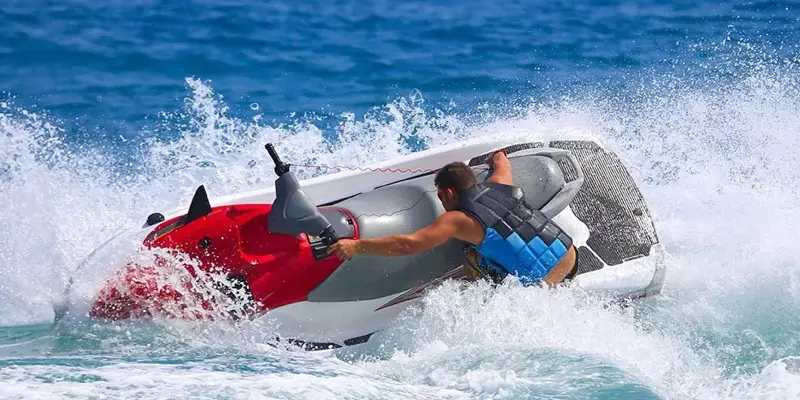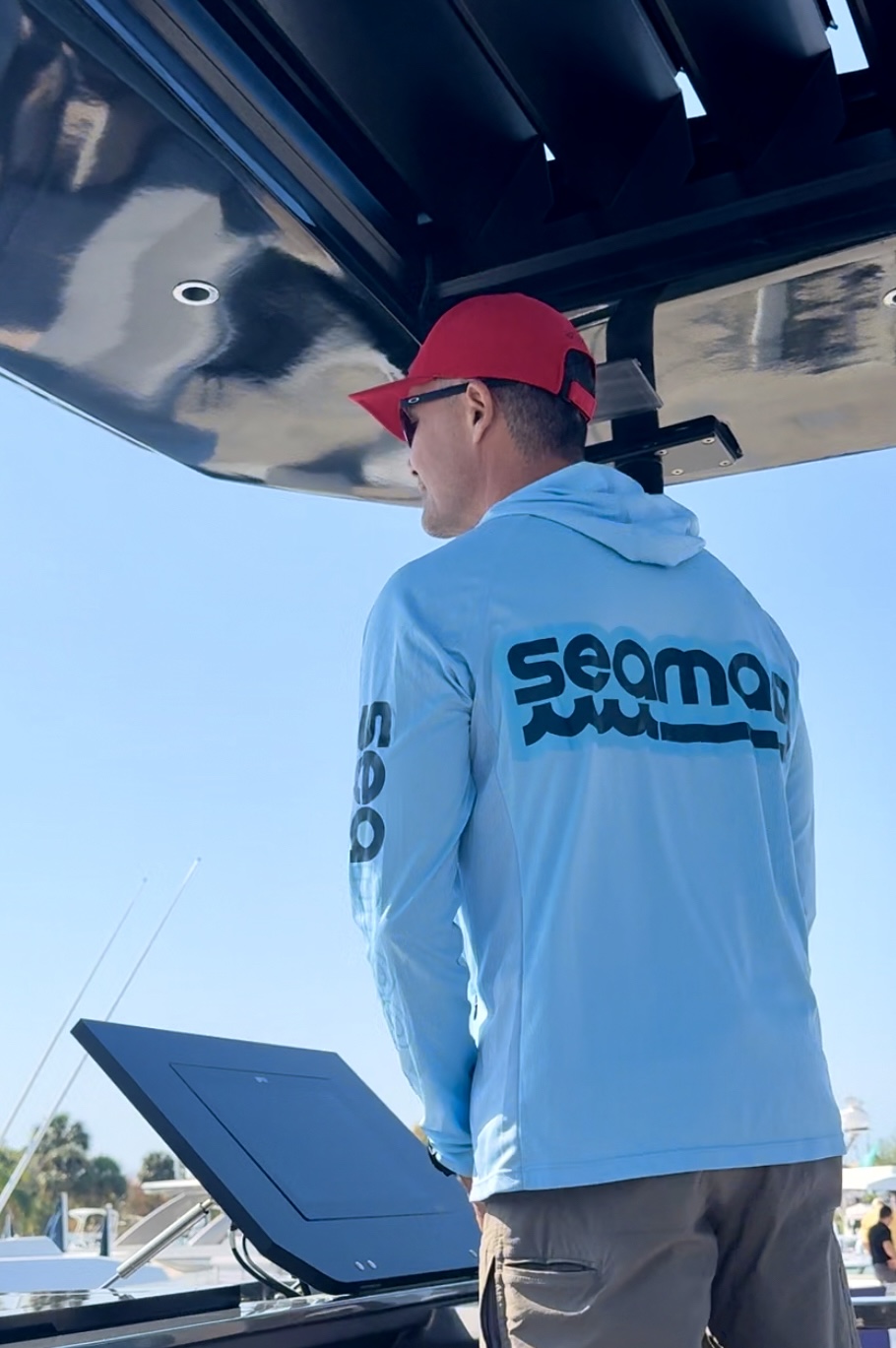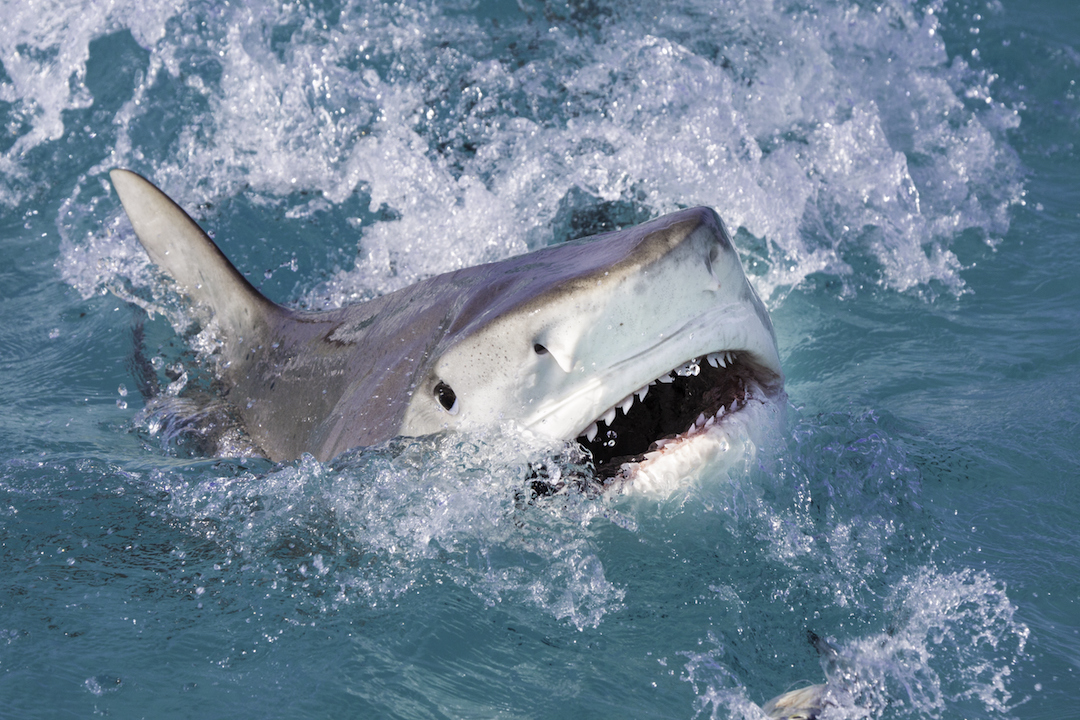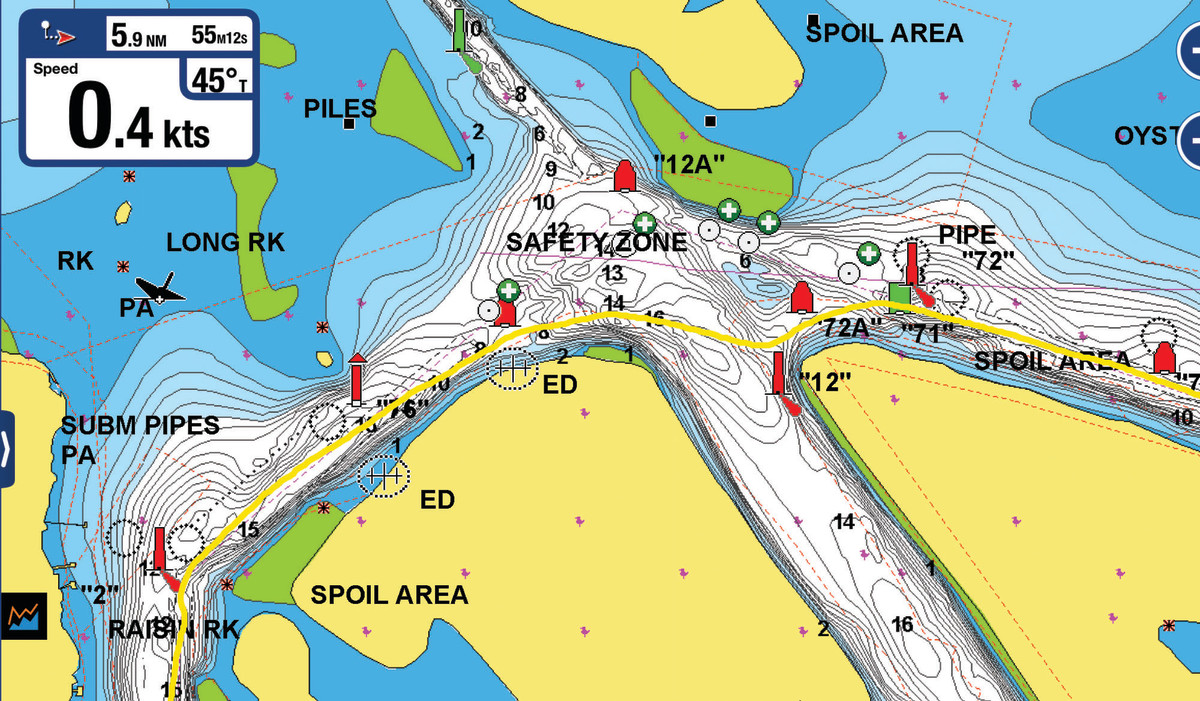What Is the Leading Cause of Death in Boating Accidents in Florida: Key Factors Explained
Boating accidents are a serious concern in Florida, a state known for its extensive waterways and busy boating culture.

With a significant number of accidents occurring each year, understanding the causes can help mitigate risks.
The leading cause of death in boating accidents in Florida is drowning, often because victims are not wearing life jackets. This critical detail underscores the importance of adhering to safety protocols.
Falls overboard represent the most common type of fatal accident.
Such incidents highlight the need for strict safety measures and proper equipment on board.
Inadequate boater education also contributes to many of these tragedies, emphasizing the importance of proper training and awareness.

Key Takeaways
- Drowning is the leading cause of death in boating accidents in Florida.
- Falls overboard are the most common fatal accidents.
- Boater education and life jackets are vital for safety.
Overview of Boating Accidents in Florida
Boating accidents in Florida result from various factors, including operator error and environmental conditions. Notable statistics reveal the frequency and severity of these incidents.
Statistics and Trends
Florida remains a hotspot for boating activities, and with this comes a significant number of boating accidents.
In 2020, there were 836 boating accidents, the highest since at least 2011. This increase also led to 79 boating deaths, up 21% from 2019.
The figures for 2022 showed some improvement with 735 accidents. But the number of fatalities still rose, with 65 lives lost.
These numbers highlight the persistence of boating-related risks in the state.
Common Causes of Boating Accidents
A variety of factors contribute to boating accidents in Florida.
Falls overboard are the leading type of fatal accident, with drowning as the main cause of death.
Operator inattention, excessive speed, and boating under the influence (BUI) significantly impact the frequency of accidents.
Machinery failure also plays a role, though less frequently.
Most accidents result from human error or avoidable circumstances.
Safety measures and responsible boating practices are essential to reducing these incidents.

Vessel-Related Factors
Different types of vessels present varying risks.
Open motorboats and personal watercraft are involved in many accidents.
Registered vessels often see more mishaps due to higher usage, but non-registered vessels pose unique challenges for law enforcement.
Vessel maintenance and proper equipment are critical in preventing accidents.
Machinery failures and other vessel-related issues can often be mitigated through regular checks and adherence to safety protocols.
Location-Specific Incidents
Specific areas in Florida see higher rates of boating accidents.
Monroe County, including the Florida Keys, experiences a significant share due to its popularity among boaters.
Miami-Dade, Palm Beach, and Pinellas counties also report high numbers.
Bay, Lee, Okaloosa, Collier, Manatee, and Sarasota counties contribute to the statistics.
Each location presents unique hazards, from busy waterways to challenging navigation conditions.
Understanding these local factors helps in planning safer boating trips.
Regulatory Factors and Safety Protocols
Effective regulatory measures and comprehensive safety protocols are critical in reducing boating accidents and fatalities in Florida. This section outlines key regulations, enforcement actions, and safety education efforts.
Regulations and Enforcement
The Florida Fish and Wildlife Conservation Commission (FWC) and the U.S. Coast Guard play vital roles in enforcing boating laws.
They set limits on alcohol consumption, mandate the use of life jackets, and control speed limits in boating areas.
FWC's Division of Law Enforcement frequently patrols waters, ensuring boaters comply with these rules.
Violations can result in fines, boat impoundments, and other penalties.
Stricter enforcement aims to lower accident rates by maintaining safe boating practices.

Boating Safety Education and Courses
Education is crucial in promoting boating safety.
The FWC offers various boating safety courses, which are available through their website, myfwc.com/boating.
These courses cover important topics such as navigation rules, emergency procedures, and proper life jacket use.
Boating safety education isn't just for beginners; it includes advanced courses for experienced boaters.
Completing these courses can also lower insurance premiums.
Safe boating knowledge empowers boaters to make informed decisions on the water, reducing the likelihood of accidents.

Safety Campaigns and Initiatives
Public awareness campaigns like Safe Boating Week highlight the importance of following safety protocols.
These initiatives remind boaters to wear life jackets, avoid alcohol, and maintain their vessels properly.
Agencies like the FWC and the U.S. Coast Guard organize events and distribute materials to educate the public.
Campaigns are often conducted in high-traffic areas, especially during peak boating seasons.
These efforts aim to instill a culture of safety among boaters, further reducing casualties and accidents.
Legal Aspects of Boating Accidents
Boating accidents in Florida present several legal challenges, including liability and negligence standards, claims and compensation processes, and issues related to boating under the influence (BUI). Understanding these areas is crucial for those affected by such incidents.
Liability and Negligence
In boating accidents, liability often hinges on negligence.
To prove negligence, it must be shown that a party failed to exercise reasonable care. This can include actions like not keeping a proper lookout or speeding.
In Florida, boat operators must follow established rules and regulations. Failing to do so can make them liable for damages.
Boat owners can also be held responsible if they allow an unqualified person to operate their vessel. When someone is injured or killed, the victim’s family can pursue a wrongful death claim.
Claims and Compensation
Victims of boating accidents can file claims for compensation to cover medical bills, lost wages, and other damages.
Filing a claim requires proving the other party's fault and demonstrating the full extent of the victim’s losses.
Florida law allows for economic and non-economic damages in such cases.
Economic damages cover measurable costs like medical expenses, while non-economic damages compensate for pain and suffering.
Legal representation is often necessary to navigate this complex process and ensure fair compensation.
Boating Under the Influence
Operating a boat while under the influence of alcohol or drugs (BUI) is both illegal and dangerous.
In Florida, BUI is treated similarly to DUI, with strict penalties.
Law enforcement can perform sobriety tests on boaters suspected of being under the influence.
Penalties for BUI can include fines, jail time, and a boating license suspension.
Accidents involving BUI can lead to more severe charges, especially if they result in injury or death.
Victims injured by a negligent boater under the influence can seek justice through both criminal and civil proceedings.
Preventive Measures
Implementing preventive measures is key to reducing fatalities in boating accidents in Florida. Critical steps include encouraging life jacket use, boosting operator skills, launching public awareness campaigns, and improving safety technology and equipment.
Promoting Use of Life Jackets
Life jackets are vital for preventing drowning, the leading cause of death in boating accidents.
Statistics show that 81% of drowning victims were not wearing life jackets.
Educating boaters about the importance of life jackets can save lives.
During Safe Boating Week, demonstrations on proper use and fit are essential.
Authorities could enforce stricter mandates and fines for not wearing life jackets. Providing comfortable and modern life jacket designs may also encourage their use.
Enhancing Operator Skills and Experience
Many boating accidents are due to operator inexperience.
Boater education is crucial for improving skills and safety awareness.
Completing a boating safety course should be mandatory.
Courses cover navigation rules, emergency procedures, and equipment use.
Seasoned operators should mentor novices, enhancing community knowledge.
Routine boater education classes and hands-on training sessions ensure operators are well-prepared to handle various situations on the water, reducing accidents caused by inexperience.
Public Awareness and Education Campaigns
Education campaigns play a significant role in promoting boating safety.
Safe Boating Week and other campaigns help emphasize the importance of life jackets, safety protocols, and boater conduct.
Using social media, television, and local events, these campaigns reach a broad audience.
Creating engaging content such as videos, pamphlets, and workshops enables boaters to fully grasp safety measures.
Collaborating with marine businesses for sponsorship can expand the reach and effectiveness of these campaigns.
Technology and Equipment for Safety
Advanced technology and equipment enhance boating safety.
Essential items include engine cut-off switches (kill switches) that stop boats if the operator falls overboard, reducing injury and preventing accidents.
GPS devices, marine radios, and safety equipment like flares and first aid kits are critical too.
Regular maintenance of boats and equipment ensures functionality.
Encouraging adoption of such technologies and adhering to maintenance protocols can significantly reduce fatalities.
Frequently Asked Questions
Boating accidents in Florida often involve specific factors and crucial safety measures.
Knowing the legal requirements and best practices can help prevent fatalities.
What are the most common factors contributing to fatal boating accidents in Florida?
Falls overboard and drowning are the leading causes of death in boating accidents.
Drowning is especially common when boaters are not wearing life jackets.
How does impairment due to alcohol and/or drugs affect boating safety in Florida?
Impairment due to alcohol or drugs significantly increases the risk of an accident.
Alcohol is a major factor, and impaired boaters have a reduced ability to operate vessels safely.
What safety measures are critical to preventing boating accidents?
Wearing life jackets is essential for all boaters.
Other critical measures include obeying speed limits, avoiding alcohol, and staying informed about weather conditions.
What are the legal requirements for reporting boating accidents in Florida?
Boating accidents must be reported if they result in death, injury requiring medical treatment beyond first aid, or property damage exceeding $2,000.
Reports should be filed with the Florida Fish and Wildlife Conservation Commission.
How should boaters respond to seeing a divers-down flag while on the water?
Boaters must stay at least 300 feet away from a divers-down flag in open water.
In rivers, inlets, or navigation channels, the required distance is 100 feet.
What are some of the legal reasons for which a boating accident must be reported in Florida?
A boating accident must be reported if it involves a death, a missing person, an injury requiring more than first aid, or significant property damage. These incidents must be promptly reported to authorities.
Charlie is Editor-in-Chief of Sea Magazine







